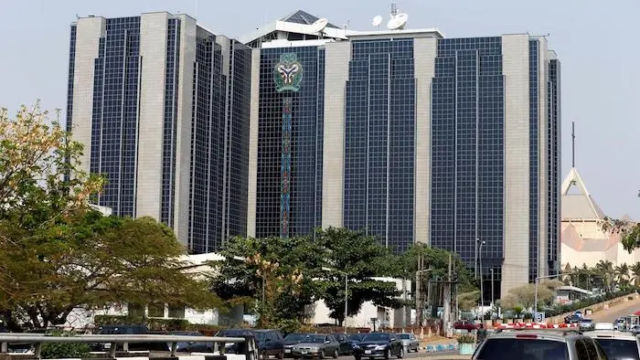The Central Bank of Nigeria (CBN) has revoked the operational licences of 4,173 Bureaux De Change operators in the country.
The bank disclosed this Friday through a statement signed by the acting Director, Corporate Communication, Sidi Hakama.
The bank said the affected institutions failed to pay for licence renewal, submit returns or comply with CBN directives on anti-money laundering, countering financing of terrorism, and counter proliferation financing regulations.
The CBN said it is revising the regulatory guidelines of BDCs.
The move is part of efforts to restore confidence in the nation’s foreign exchange market.
The apex bank released the full list of the affected BDCs Friday.
The bank recently revised Regulatory and Supervisory Guidelines for BDCs operations in Nigeria, according to the powers conferred to the central bank under Section 56 of the Banks and Other Financial Institutions Act, 2020 (BOFIA).
In the guidelines, the bank categorised BDCs into Tier 1 & Tier 2. Tier 1 BDCs authorised at the national level are permitted to establish branches and appoint franchisees, subject to CBN approval. These franchisees are required to adhere to the branding of their overseeing Tier 1 BDCs. However, Tier 2 BDCs, limited to operating within one state, are allowed up to three locations but are not permitted to appoint franchisees.
In line with the revised guideline, Tier 1 BDC operators are now mandated to deposit a cautionary sum of N200 million. The application fee and licensing fee have been adjusted to N1 million and N5 million respectively, with an annual renewal fee of N5 million.
For Tier 2 BDC operators, the caution deposit now stands at N50 million. The application fee and licensing fee have been modified to N250,000 and N2 million respectively, with an annual renewal fee of N1 million.
The bank also mandates that a minimum of 75 percent of any foreign currency sale conducted by a BDC must be electronically transferred to the customer’s Nigerian domiciliary account or prepaid card.
The updated guidelines, building upon the existing conditions, specify that BDC operators who utilise unauthorized accounts for their transactions will face license revocation.
Similarly, BDCs that surpass designated foreign exchange limits and neglect to obtain the necessary transaction documentation will also be subject to the same penalty of license revocation.







